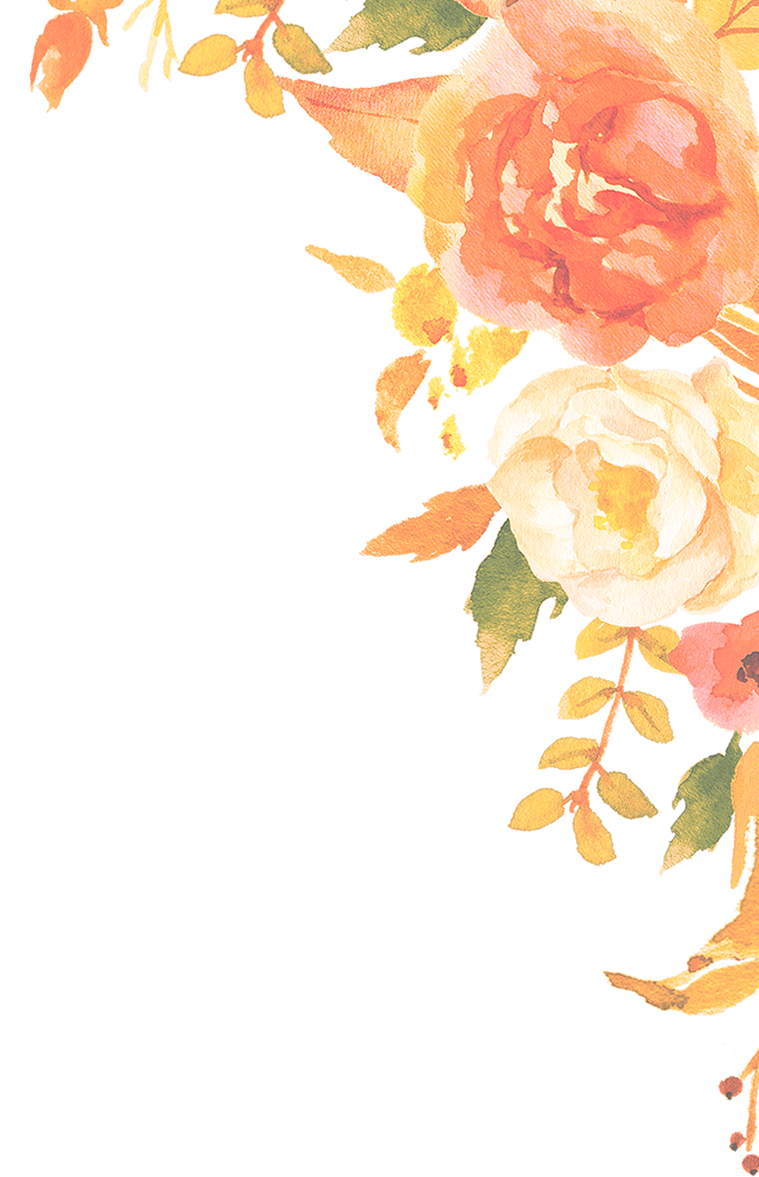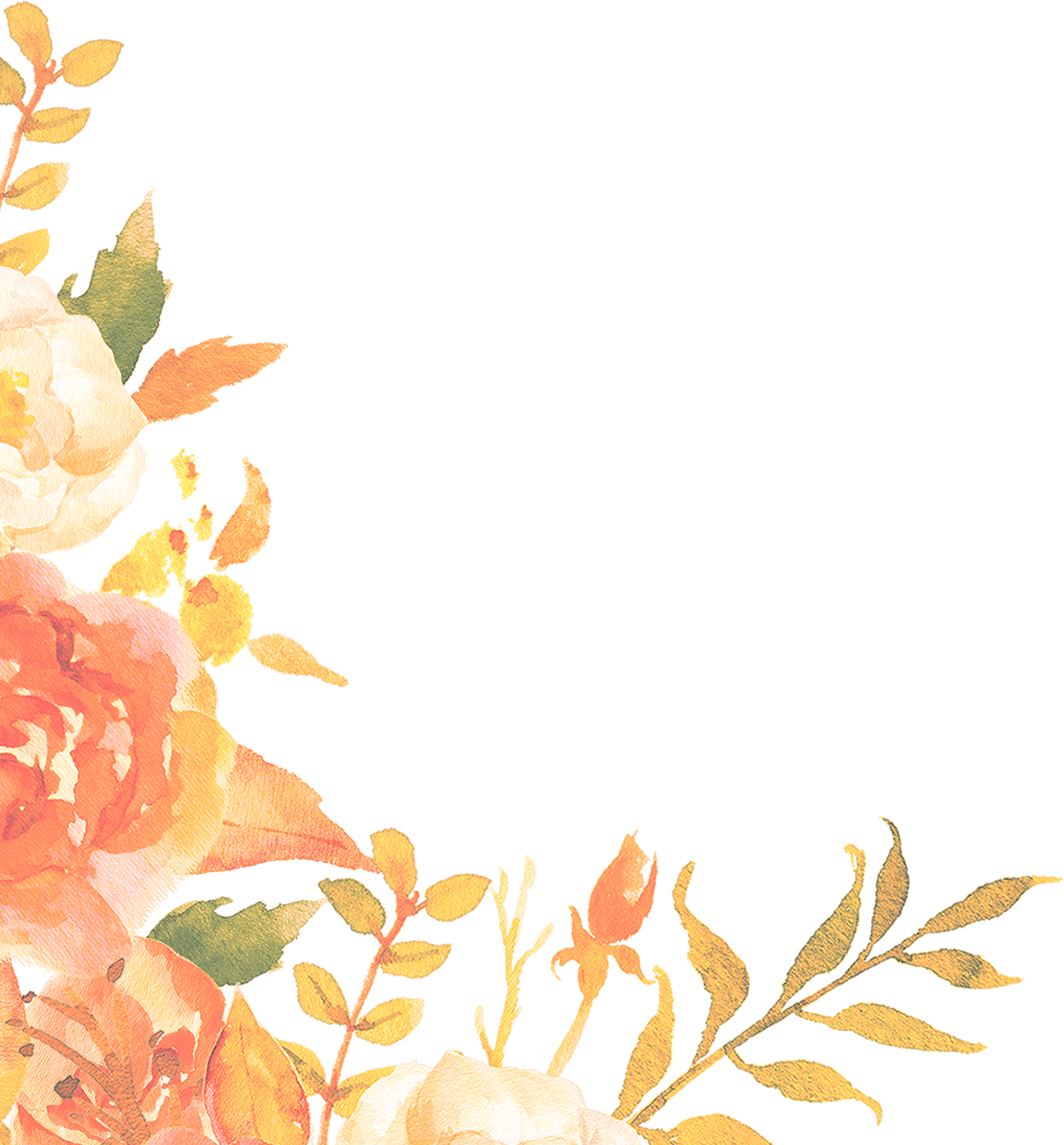



I really needed to hear a lot of the things we spoke about, in order to learn ‘true happiness’ in my life – for our relationship and especially for myself. I liked it all, it was interesting and fun.
-PAST CLIENT
Seventeen year old Taylah Parry was run over by a hoon driver in July 2015. The driver, also seventeen, was on bail at the time for his involvement in a violent attack on another youth. That night he had drunk almost a whole bottle of vodka with his friend before getting into the car and doing burnouts in front of Taylah and her friends. The car slid, ran up a kerb and veered straight into the group. Taylah’s leg had to be amputated at the knee. Yet the victim did not react with anger; she did not even attend court. “I was scared that there was going to be anger brought up. I know that he didn’t get in that car intentionally to hit me. I know he just did it to show off and I was just in the wrong place at the wrong time.” The Weekend West reporter somewhat gushingly commented that Taylah is “in an extraordinary place” and “remarkably, … filled with nothing but hope for the future”.1
Taylah displays an attitude which positive psychologists know well to encourage, namely mercy and forgiveness. For some people, it is the attitude they need to embrace in order to increase their psychological wellbeing. According to Martin Seligman, forgiveness is “a powerful tool that can transform feelings of anger and bitterness into neutrality, or even, for some, into positive emotions”.2 In some individuals forgiveness is a character strength, whilst for others it can pose an enormous challenge. Let us also be clear that to forgive someone is a free act that each of us may consider for ourselves. To advise others to “just forgive” can be grossly insensitive to downright insulting. Firstly, it is not easy. Secondly, being wronged by life, people, experiences, and as some see it, God, can evoke much pain, disappointment, or anger which cannot just be swept under a carpet called forgive and forget. Forgiveness is never a quick exercise we “just do”. It is a process of letting go that requires self-compassion, courage and determination, as well as the right timing. That said, it can set us free.
McCullough and Witvliet point out that “the tendency to retaliate or seek retribution after being insulted or victimised is deeply ingrained in the biological, psychological, and cultural levels of human nature”. When wronged, forsaken or attacked, most of us will be inclined to either avoid the offender or entertain a wish for revenge. Thus forgiving, they argue, is an approach in which individuals quell their naturally arising negative response to a transgressor and seek to find positive responses instead in order to avoid “the corrosive effects of interpersonal transgressions”.2
Having for some years worked together with Structural Engineers, I know that corrosion is one of the big baddies on their professional horizon. Corrosion can start with a little breakdown of the paint protection, a hit or a cut, or over time via layers of stuff that cover and slowly attack the steel. Thus corrosion is a perfect metaphor for the effects an injury or insult can have on our souls. It will slowly eat away at us until one day it will have made us so weak that we can break. Or ‘fail’, as an Engineer would say. And who fails here in the end? Us; not the beam, truck, or shuttle (i.e. the person) that hit us and is at fault. We fail because we have not repaired the injury in such a way that we are whole again.
In defining forgiveness, McCullough and Witvliet differentiate it from pardoning, which is a legal concept. Nor is it the same as condoning, which would mean to justify the offense. Forgiveness is also not the same as excusing, which makes an offense less serious; or forgetting, which would mean that the memory of the incident has declined. It also is neither denial, which stands for an offense not being perceived, nor reconciliation, which means a relationship has been restored. Forgiveness is either a disposition or a response, according to McCullough and Witvliet. It stands for a change in a victim’s behaviour, thoughts and emotions toward the offender, leading to a response that is increasingly positive.3
Blaming others and entertaining ongoing hostility and anger is both mentally and physically harmful.4 McCullough and Witvliet write that people inclined to forgive others were shown to be less prone to experiencing depression, anxiety, anger, paranoid thoughts and low self-esteem. Furthermore, forgiving God for a bad experience has shown to reduce anxiety and depression, as did forgiving one’s parents, which additionally was linked to higher self-esteem and hopefulness.5 In terms of physical health, forgiveness is beneficial for physical health because it releases and reduces negativity. Bono and McCullough point out that negative emotional states weaken cardiovascular functioning and the immune system. They cite a study in which participants who forgave an offender showed improved nervous system functioning (which has a positive effect on skin appearance), as well as better heart and blood pressures rates.6
Another important benefit of forgiveness lies in the fact that it can preserve and improve close relationships. Bono and McCullough stress that the habit of forgiving each other is related to higher satisfaction and commitment within romantic relationships. They write that in highly committed relationships forgiveness is strongly related to wellbeing, because not forgiving each other leads to psychological tension. They add that “this is significant when we consider the fact that lack of supportive relationships has been linked to a wide variety of psychological and physical diseases”.7
Remember how crucial close relationships are to happiness. Yet in a typical week I will find myself forgiving at least one let down or offense by a loved one. It seems that those close to us can and will hurt us along the way. The same goes for strangers; some encounters are just unpleasant despite our own endeavour to live peacefully. I find people like Taylah Parry inspiring, mainly because she choose forgiveness at such a young age, when I had to learn it much later in life. Next week I will discuss a few strategies for successfully forgiving, which we can apply to our nearest and dearest, God, life events and strangers. For this week, please ask yourself if you are holding any grudges against anyone or anything. Who are you avoiding because they wronged you; what are you still angry about; who do you wish you could get even with?
© Natalie Lydia Barker 2016
Notes
No Comments